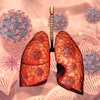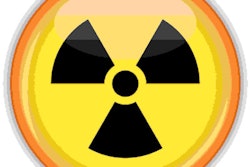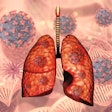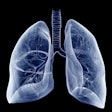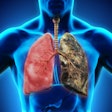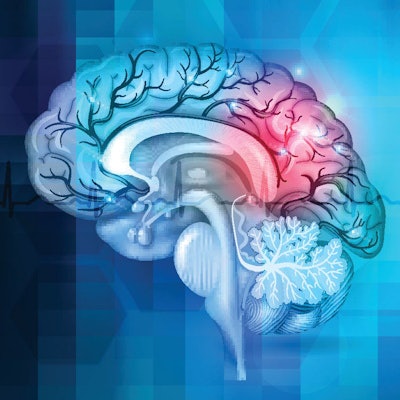
Radiation exposure from CT imaging increases brain cancer risk in children by up to fivefold, depending on the level of exposure, according to research published December 6 in the Lancet Oncology.
The findings suggest that it's crucial to track children's radiation exposure from CT, wrote a team led by Michael Hauptmann, PhD, of Brandenburg Medical School in Neuruppin, Germany.
"[Our] study adds important evidence that exposure to [even] low doses of radiation from any source is associated with increased cancer risk," the group noted.
CT is a valuable diagnostic tool, but it imparts significant radiation -- a fact that is of particular concern for children. Despite initiatives such as ImageGently and guidance from the International Commission of Radiological Protection, many CT exams may be performed unnecessarily, and dose reduction measures aren't being used as they could be, the authors wrote.
Hauptmann' and colleagues' research took data from the World Health Organization's (WHO) International Agency for Research on Cancer's EPI-CT study, which evaluates cancer risk from CT exams in children and young adults. The study included information from 658,752 patients, nine European countries, and 276 hospitals. Participants had undergone at least one CT exam before the age of 22 between 1977 and 2014, had no previous cancer or benign brain tumor diagnosis, and were free of cancer at least five years after their first CT exam.
The investigators calculated "excess relative risk" of brain cancer per 100 mGy of cumulative brain radiation dose, reconstructing organ doses using historical machine settings and a thorough sample of CT images. Primary outcome for the study was first reported brain cancer five years after an individual had a first CT exam.
During median follow-up of 5.6 years, 165 brain cancers were diagnosed. Mean cumulative radiation dose was 47.4 mGy among all study participants and 76 mGy among those diagnosed with brain cancer. The authors found a significant relationship between dose and brain cancer, with an excess relative risk per 100 mGy of 1.27 (with 1 as reference).
| Risk of developing brain cancer by number of CT exams and radiation dose | |
| Measure | Relative risk of developing brain cancer (1 as reference) |
| Number of head or neck CT exams | |
| 1 | 1.6 |
| 2 to 3 | 2.1 |
| More than 4 | 5.9 |
| Cumulative brain dose, mGy | |
| 5 to < 41 | 1.4 |
| 41 to < 48 | 2.1 |
| 48 to < 56 | 1.2 |
| 56 to < 65 | 2.2 |
| 65 to < 150 | 1.9 |
| ≥ 150 | 5 |
The study underscores the need for careful consideration when it comes to CT imaging in a pediatric population, according to Hauptmann and colleagues.
"[Our findings] emphasize the need to adhere to the basic radiological protection principles in medicine namely justification (procedures are appropriate and comply with guidelines) and optimization (doses are as low as reasonably achievable)," they concluded.
